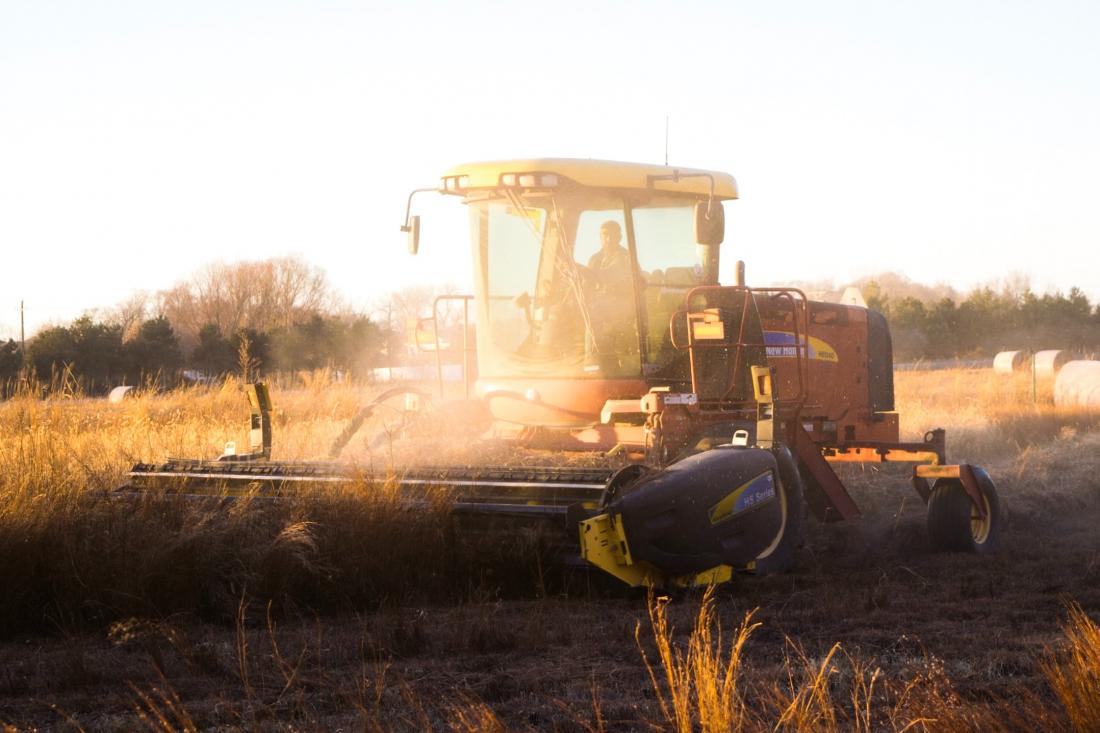
In this blog we take a look at the August 2023 High Court case of Spencer v Spencer. This case deals with promises made by a father (John) to his son (Michael) that if he worked hard, the farm would come to him by way of an inheritance on John's death. It is yet another victory for bringing a claim on the basis of proprietary estoppel.
Background
The Spencers tenanted land of about 411 acres and owned 405 acres of farmland. John and Michael had farmed the land in partnership since 1983, when Michael was 19 years old.
John made a Will in 2018, leaving some gifts to the grandchildren, his 5% share in the partnership to Michael, and all remaining land on a discretionary trust which would ultimately pass to the grandchildren. When John died, Michael was disappointed that he did not get the land promised by his father.
Michael’s constructive trust claim
Michael brought his claim on the basis of a constructive trust and, alternatively, proprietary estoppel. For a summary of the principles involved, you can read about this in my blog here.
Michael’s claim for a constructive trust was that John held the property on trust for him due to the circumstances and Michael relied on what John said – this argument was almost abandoned at trial, and Judge Rajah highlighted the difficulty it faced. Michael could not claim that he was entitled to be an owner of the land with John because, rather than John holding it on trust for Michael whilst he was alive, it was in fact an expectation that Michael would inherit an interest on John's death.
Michael’s proprietary estoppel claim
Michael’s better case was under the principal of proprietary estoppel. The judgment is a helpful reminder for the principles for a successful estoppel case, summarised at paragraph 24 from the judgment:
‘(24) There are three main elements to a proprietary estoppel (i) an assurance by B (whether by words or inferred from conduct) (ii) reasonable reliance on the assurance by A and (iii) detriment in consequence of that reasonable reliance; see Thorner v Major [2009] UKHL 18 at [29]. The latter two elements are often intertwined and they are sometimes referred to together simply as “detrimental reliance”, but it is important to keep in mind their constituents. If these elements are present they give rise to an equity which the Court will decide how best to satisfy.’
After dealing with a multitude of witness evidence, including from solicitors and the solicitor’s file, the Judge decided that general statements had in fact been made by John to Michael, usually during arguments. This is found at paragraphs 66 and 79 of the judgment, where the Judge held ‘the gist of which was that Michael would inherit the farm’. The Judge found that these statements had been made on many occasions and were assurances intended to be taken seriously. They were also ‘John's means of mollifying Michael and ensuring he stayed committed to the farm’.
An interesting point here is that the Judge did not seem too concerned with the assurances needing to be specific, nor whether or not the word ‘inherit’ was essential in the statements made by John, to be sufficient.
On the evidence in this case, the Judge found that not only had assurances been made, but that Michael had relied on them to his detriment.
There was an interesting discussion on the ingredient of detriment in such claims. Ms Shea KC submitted that, far from suffering detriment, Michael had enjoyed substantial countervailing benefits which eclipsed any hardship suffered. Mr Jourdan KC argued that where a parent promises a child a farm if they work on the farm until the parent dies, and the child does what they were asked to do giving up the possibility of other options, that should amount to detrimental reliance, even if it is not possible to put a monetary value on that detriment. The Judge accepted that the value of the detriment might be impossible to assess with any confidence and referred to there being no ‘watertight compartments in proprietary estoppel’.
The Judge held at paragraph 96: ‘I accept that looking at the matter in the round Michael has positioned his working life in significant part on the basis of the assurances that he will receive the farm’. It was unconscionable in all the circumstances– another important ingredient in these claims – for the assurances made by John to be repudiated by his Will (paragraph 100).
In terms of what the Court was prepared to do to satisfy the equity (remedy), the Judge held that the assurances related to ability to farm land, but not to the underlying value of land released to the market. As such, the Judge, at paragraph 110, was minded to transfer the farm excluding the New Quarry Land to Michael.
Summary
Though similar factually to many inheritance cases involving farms or a family business being promised to the next generation, this case is interesting in that the claimant was successful despite there being significant countervailing benefits which he had enjoyed during the deceased's lifetime, and on the basis of general statements made by his father. It is also a helpful judgment for its summary of the law of proprietary estoppel and how evidence is to be treated in such cases.
This article was written by Toby Walker, Dispute Resolution Partner at Allan Janes LLP. The Dispute Resolution team at Allan Janes specialise in inheritance and property disputes. If you would like to discuss your case with one of our experts, please do not hesitate to contact us on the details below.